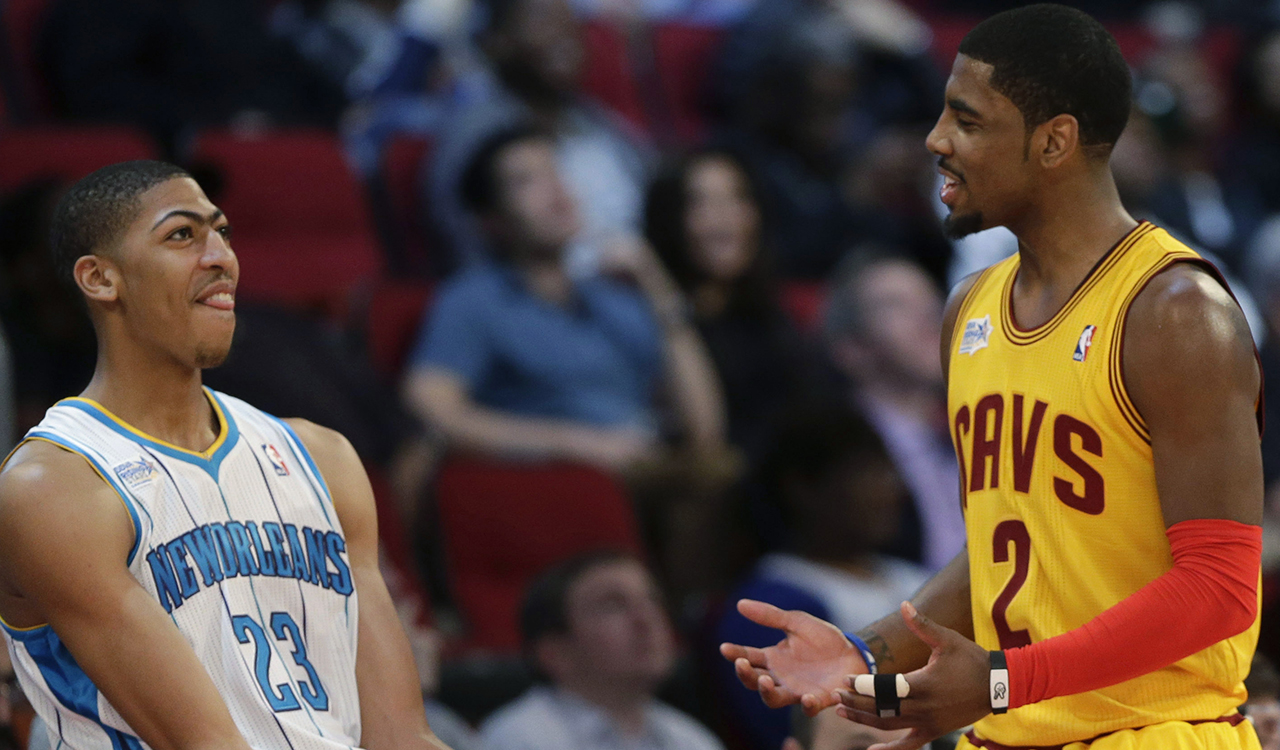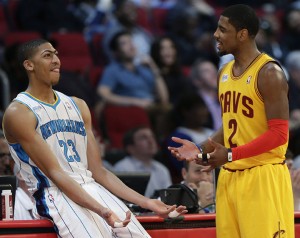

By Parmida Schahhosseini
Sports Writer
As children, many athletes had dreams of going pro. They fight through the blood, sweat and tears trying to get stronger and faster. However, athletes still need to make time for school since the sport they play is an extracurricular activity.
Players in high school and middle school are required to do the work and pass their classes or else they become ineligible. So once they get their diploma they are free to do as they please, right? Not anymore, at least not if you want to play in the NBA or the NFL.
In 2005, NBA enacted a rule stating that players must play a year in college before they enter the draft. The NFL has a three-year rule.
There is much debate about whether or not players should wait to enter the draft. Recently there were reports about whether or not the rule should be bent for South Carolina defensive end Jadeveon Clowney because he seems to be pro-ready after two years playing college football.
According to the current rule, Clowney needs to play one more year in order to be eligible.
There is a risk that goes with playing an extra year.
Last season, USC’s Matt Barkley decided to stay an extra year after being a projected first-round pick, to “finish business” and to potentially take USC to another national title. However, after a dismal year, Barkley is slowing falling down the draft board, with many draft gurus leaving Barkley out of the first round.
There is also the risk of injury. South Carolina running back Marcus Lattimore, who tore his ACL and missed the rest of the season.
However, some people think that playing in college for three years is beneficial because there is a maturation process.
Lattimore told reporters that he thought the rules were fair because it gives players experience before they play with skilled veterans.
The NBA also has similar problems, but they are in a different dilemma.
The NBA currently has a one-year rule, but commissioner David Stern prefers there be a two-year rule, because he wants higher quality players in the NBA. Stern looks at the rule from a business perspective, some players, such as Kyrie Irving, looked pro ready, but were required to go to school due to the one-year rule. Irving became a Duke Blue Devil and played until a toe injury, which limited him to the first eight games and minimal minutes in the NCAA tournament. Fortunately for Irving, he still ended up being the number one overall pick.
Dallas Maverick’s owner Mark Cuban wants a three-year rule for the NBA because he has a fear that players may become busts. Many scouts look at different characteristics when they draft players. A player may have all the talent in the world, but might not be able to handle the pressure.
One year is hard to evaluate some athletes.
The NFL and NBA are in similar situations, but both face different problems.
Many people tend to agree that the transition from the high school level to the pros is easier for NBA players than NFL players, but those rules are set for a reason.
Rules can’t be broken for one guy despite his talent. Until we find a better solution, those rules are here to stay.





